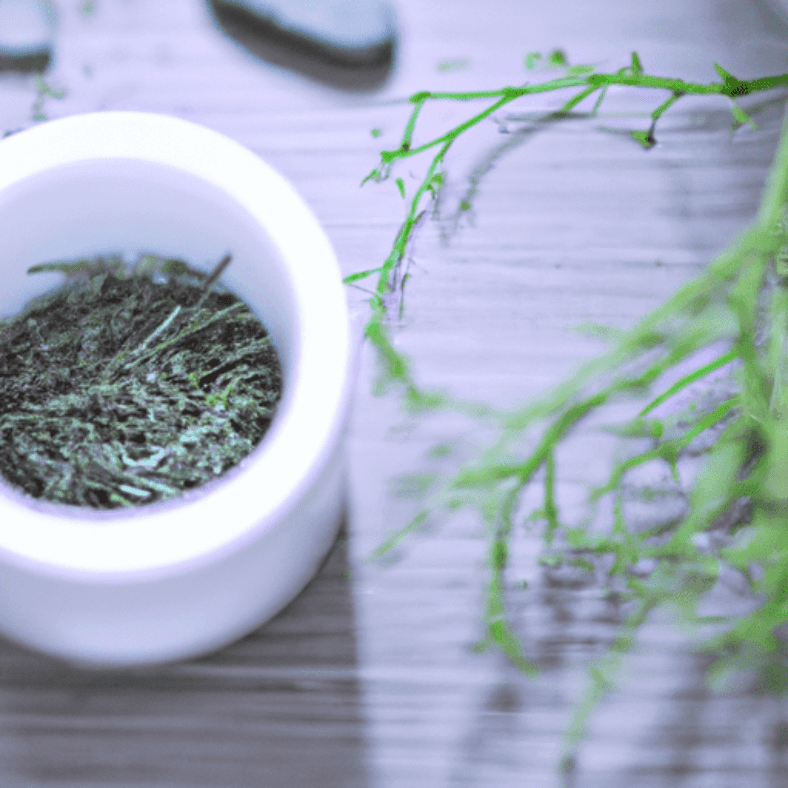-
Table of Contents
- Ingredients to Look for in Anti-Aging Products
- Key Takeaways
- Introduction: The Science of Anti-Aging
- The Power of Retinol
- Hyaluronic Acid: The Hydration Hero
- Vitamin C: The Brightening Booster
- Peptides and Ceramides: The Skin Restorers
- FAQ Section
- 1. What is the best anti-aging ingredient?
- 2. How often should I use anti-aging products?
- 3. Can I use multiple anti-aging products at the same time?
- 4. Are anti-aging products only for older people?
- 5. Are all anti-aging products the same?
- Conclusion: The Key to Youthful Skin
- Further Analysis
Ingredients to Look for in Anti-Aging Products

[youtubomatic_search]
Key Takeaways
- Anti-aging products contain a variety of ingredients that can help reduce the signs of aging.
- Retinol, hyaluronic acid, and vitamin C are among the most effective ingredients in anti-aging products.
- Peptides and ceramides can help to restore skin’s elasticity and moisture.
- Antioxidants like green tea extract and resveratrol can protect the skin from environmental damage.
- It’s important to choose products that are suitable for your skin type and to use them consistently for the best results.
Introduction: The Science of Anti-Aging
As we age, our skin undergoes various changes. It loses its elasticity, becomes thinner and drier, and starts to show wrinkles and fine lines. While these changes are a natural part of aging, they can be slowed down with the help of anti-aging skincare products. These products contain a variety of ingredients that can help to reduce the signs of aging and keep your skin looking youthful and healthy. In this article, we will explore some of the most effective ingredients to look for in anti-aging products.
The Power of Retinol
Retinol, a form of vitamin A, is one of the most well-researched and proven ingredients in anti-aging skincare. According to a study published in the Journal of Cosmetic Dermatology, retinol can help to reduce the appearance of wrinkles and improve skin’s texture and tone. It works by promoting cell turnover and stimulating collagen production, which can help to smooth out fine lines and wrinkles and improve skin’s elasticity.
Hyaluronic Acid: The Hydration Hero
Hyaluronic acid is a naturally occurring substance in our skin that helps to keep it hydrated and plump. However, its levels decrease as we age, leading to dryness and wrinkles. Anti-aging products containing hyaluronic acid can help to replenish this substance in the skin, improving its hydration and reducing the appearance of wrinkles. A study published in the Journal of Clinical and Aesthetic Dermatology found that hyaluronic acid significantly improved skin hydration and elasticity and reduced the depth of wrinkles.
Vitamin C: The Brightening Booster
Vitamin C is a powerful antioxidant that can help to protect the skin from environmental damage, such as sun exposure and pollution, which can accelerate the aging process. It also helps to brighten the skin and reduce the appearance of dark spots and hyperpigmentation. A study published in the Journal of Clinical and Aesthetic Dermatology found that topical application of vitamin C significantly improved skin’s hydration and elasticity and reduced the appearance of wrinkles.
Peptides and Ceramides: The Skin Restorers
Peptides are small proteins that can help to stimulate collagen production, improving skin’s elasticity and reducing the appearance of wrinkles. Ceramides are lipids that help to maintain the skin’s barrier function, keeping it hydrated and protecting it from environmental damage. Anti-aging products containing these ingredients can help to restore skin’s elasticity and moisture, keeping it looking youthful and healthy.
FAQ Section
1. What is the best anti-aging ingredient?
There is no single “best” anti-aging ingredient, as different ingredients work in different ways to address the signs of aging. However, some of the most effective ingredients include retinol, hyaluronic acid, vitamin C, peptides, and ceramides.
2. How often should I use anti-aging products?
This depends on the specific product and your skin type. However, most anti-aging products should be used consistently for the best results. This typically means applying them once or twice a day.
3. Can I use multiple anti-aging products at the same time?
Yes, you can use multiple anti-aging products at the same time, as long as they are compatible with each other and your skin type. However, it’s important to introduce new products into your skincare routine gradually to avoid irritation.
4. Are anti-aging products only for older people?
No, anti-aging products can be used by people of all ages. In fact, starting an anti-aging skincare routine in your 20s or 30s can help to prevent the signs of aging before they start.
5. Are all anti-aging products the same?
No, not all anti-aging products are the same. They can vary greatly in terms of their ingredients, formulation, and effectiveness. It’s important to choose products that are suitable for your skin type and to use them consistently for the best results.
Conclusion: The Key to Youthful Skin
In conclusion, anti-aging products contain a variety of ingredients that can help to reduce the signs of aging and keep your skin looking youthful and healthy. Some of the most effective ingredients include retinol, hyaluronic acid, vitamin C, peptides, and ceramides. However, it’s important to remember that these products are not a magic bullet for aging. They should be used as part of a comprehensive skincare routine that includes a healthy diet, regular exercise, and protection from the sun. By understanding the science behind these ingredients and how they work, you can make informed decisions about your skincare routine and choose the products that are best suited to your needs.
[youtubomatic_search]
Further Analysis
While this article provides a comprehensive overview of the key ingredients to look for in anti-aging products, further research is needed to fully understand their effects and how they interact with each other. Future studies should also explore the long-term effects of these ingredients and their potential side effects. In the meantime, consumers should consult with a dermatologist or skincare professional to determine the best anti-aging products for their individual needs.

Leave a Reply